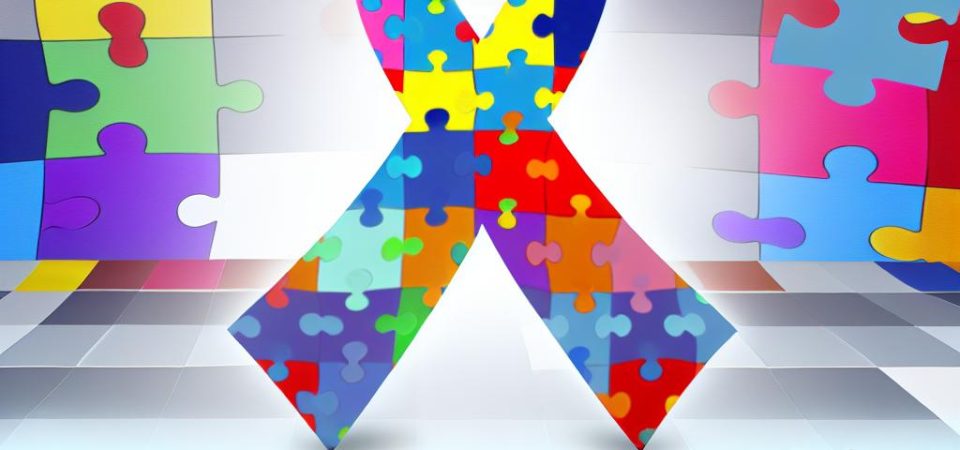Understanding Autism
Autism Spectrum Disorder (ASD) is a multifaceted developmental condition that primarily manifests as challenges in social interaction, communication, and the presence of repetitive behaviors. According to the Centers for Disease Control and Prevention (CDC), ASD affects approximately 1 in 54 children in the United States. This statistic underscores the imperative need for enhanced awareness and acceptance of autism, both within local communities and worldwide.
The Significance of Autism Awareness
The foremost objective of raising autism awareness is to educate the public thoroughly about ASD. Understanding autism involves recognizing its various forms and manifestations, which can vary significantly among individuals. Heightened awareness aids in dispelling the myths and stereotypes that often cloud the understanding of autism. A common misconception is the belief that all individuals with autism possess extraordinary talents or abilities, which is not always the case. Accurate knowledge about autism can facilitate early detection and intervention, consequently improving the quality of life for those affected.
The Importance of Early Diagnosis
Early diagnosis of autism is vital because it enables timely intervention and support. Studies have shown that children who receive early intervention tend to display enhanced communication, social, and adaptive skills. Health professionals employ a variety of screening tools and diagnostic assessments to identify ASD characteristics in children effectively. Organizations like Autism Speaks offer valuable resources and guidance on the screening process, helping parents and caregivers navigate the complexities of the diagnostic journey.
Intervention and Support Systems
After diagnosis, individuals with autism, be they children or adults, often require a spectrum of intervention strategies and support mechanisms tailored to their unique needs. These interventions might include speech therapy, occupational therapy, and behavioral methods designed specifically for the individual. Support systems encompass not only medical and therapeutic interventions but also adjustments within educational settings, such as individualized education plans (IEPs) in schools. These interventions and supports play a critical role in significantly enhancing the quality of life and functional abilities of individuals with autism.
Fostering Acceptance
While awareness is crucial, accepting individuals with autism is equally important. Acceptance involves recognizing autistic individuals as unique members of society who deserve the same rights and opportunities as those who are neurotypical. It is about appreciating diversity in all its forms and promoting environments that are inclusive and supportive for all individuals.
Creating Inclusive Communities
Efforts to create inclusive communities are essential and multifaceted. These initiatives encompass ensuring accessibility in public spaces, providing ASD education to employers, and promoting societal integration through various social programs. Advocacy groups contribute significantly to these efforts by pushing for policies and practices that protect and empower individuals with autism. Further insights into building inclusive environments can be accessed through organizations like The Autism Community in Action (TACA).
Impact of Media and Representation
The media holds a powerful influence in shaping public perceptions of autism. Accurate depictions in films, television shows, and literature have the potential to challenge existing stereotypes and provide a more nuanced understanding of ASD. Positive and authentic portrayals can effectively illustrate the challenges and achievements of autistic individuals, fostering empathy and acceptance among audiences.
Conclusion
Advancing autism awareness and fostering acceptance are essential steps in cultivating a society that recognizes and appreciates the uniqueness of every individual. Through sustained education, advocacy, and portrayal in media, communities can evolve to become more inclusive and equitable for individuals with autism. By doing so, society can ensure that every person, regardless of their neurological differences, has the opportunity to thrive and contribute meaningfully to the collective human experience.
